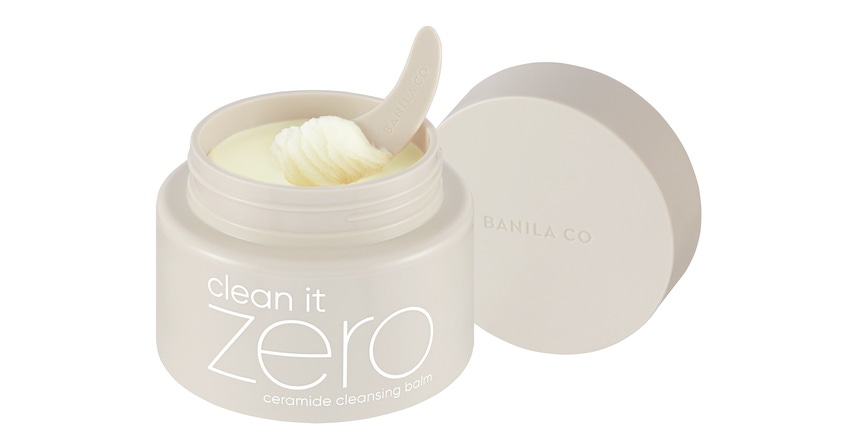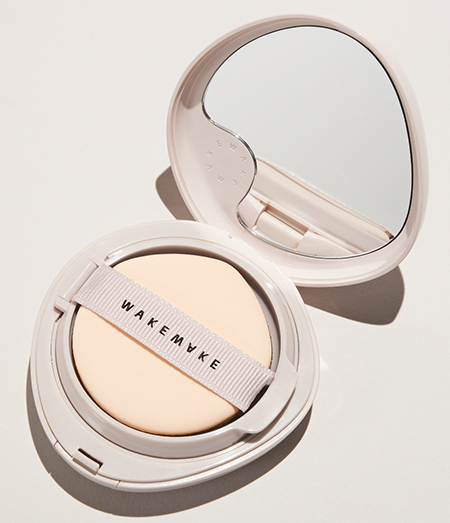CJ Biomaterials worked with the brand owner to develop a sustainable package featuring biobased, biodegradable aPHA.
February 16, 2023

CJ Biomaterials, Woburn, MA, is making commercial strides with its environmentally friendly amorphous polyhydroxyalkanoate (aPHA) technology. The first cosmetics jar made from the company’s aPHA has launched in Asia, for Clean It Zero Ceramide Cleansing Balm. It's the first cosmetic jar developed using CJ Biomaterials' amorphous polyhydroxyalkanoate (PHA) technology. It also marks CJ Biomaterials entry into the injection molding market.
The product, from Korea-based Banila Co., is packaged in an injection-molded jar made from CJ Biomaterials’ PHACT aPHA and polylactic acid (PLA). The balm is available at CJ Olive Young health-and-beauty stores across South Korea.
CJ Biomaterials describes PHACT as a softer, more rubbery version of PHA with different performance characteristics than crystalline or semi-crystalline PHA. PHACT is produced via the bacterial fermentation of sugar from natural sources such as corn, sugar cane, cassava, and cellulosic biomass.
The company’s aPHA is 100% biobased and is also TÜV Austria-certified biodegradable under home and industrial composting conditions, in soil, and in the marine environment.
As reported by PlasticsToday in December, CJ Biomaterials, a business unit of South Korea-based CJ CheilJedang, produces aPHA at a facility in Indonesia that began operation last year.
aPHA is tough, flexible, and can be combined with other polymers.
In terms of processing, aPHA is a tough, ductile, flexible, thermoplastic biomaterial that exhibits excellent thermal processability. When combined with other polymers, it can be converted into sheet, injection-molded parts, fibers, films, and tubes.
“Consumers want to know that when they make purchases that they are not harming the environment. We are proud to be working with Banila Co. to build on the already strong environmental profile of their Clean It Zero Ceramide Cleansing Balm,” said Seung-Jin Lee, head of the biomaterials business at CJ CheilJedang, in a prepared statement.
|
Banila’s skin balm is made using plant-derived ingredients, with the ceramide extracted from moringa tree seeds. Like the jar, the product’s application spatula is made from biobased materials. Its secondary packaging is made from Forest Stewardship Council-certified paper.
Banila’s aPHA jar follows the December 2022 launch of CJ Biomaterials’ first aPHA consumer brand application — a container for Wakemake Water Velvet Vegan Cushion makeup. That product and package are also sold at CJ Olive Young stores.
The two applications demonstrate “that demand for sustainable products is continuing to rise. We are committed to continuing to scale production of PHA to meet that demand,” Lee said.
In the Wakemake application, aPHA and PLA were used to replace acrylonitrile butadiene styrene (ABS) on the exterior of the container. Eco-minded cosmetic brands are endeavoring to replace ABS, a petroleum-based, nonbiodegradable plastic used widely used in cosmetic containers, with more environmentally friendly materials.
You May Also Like



